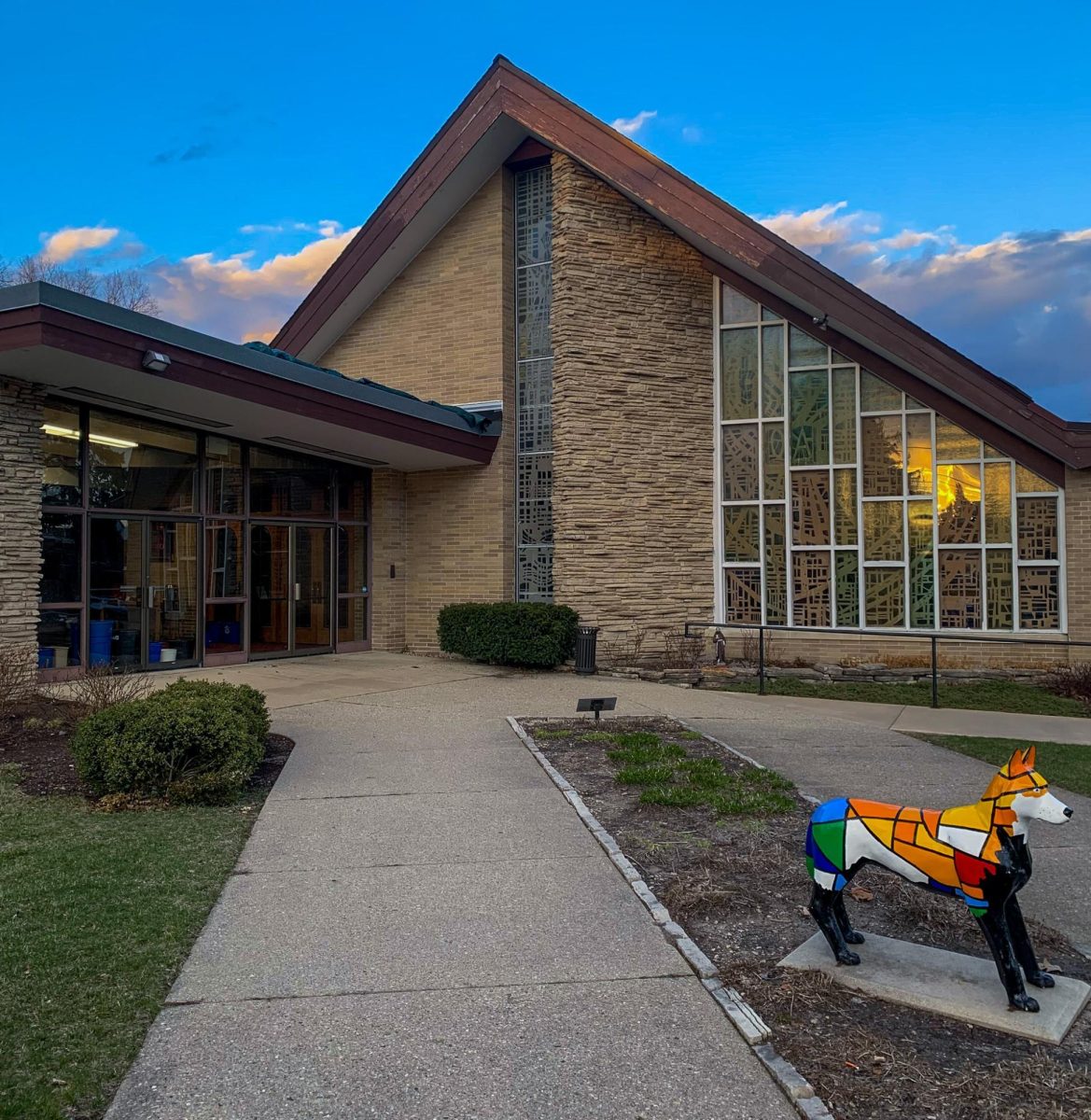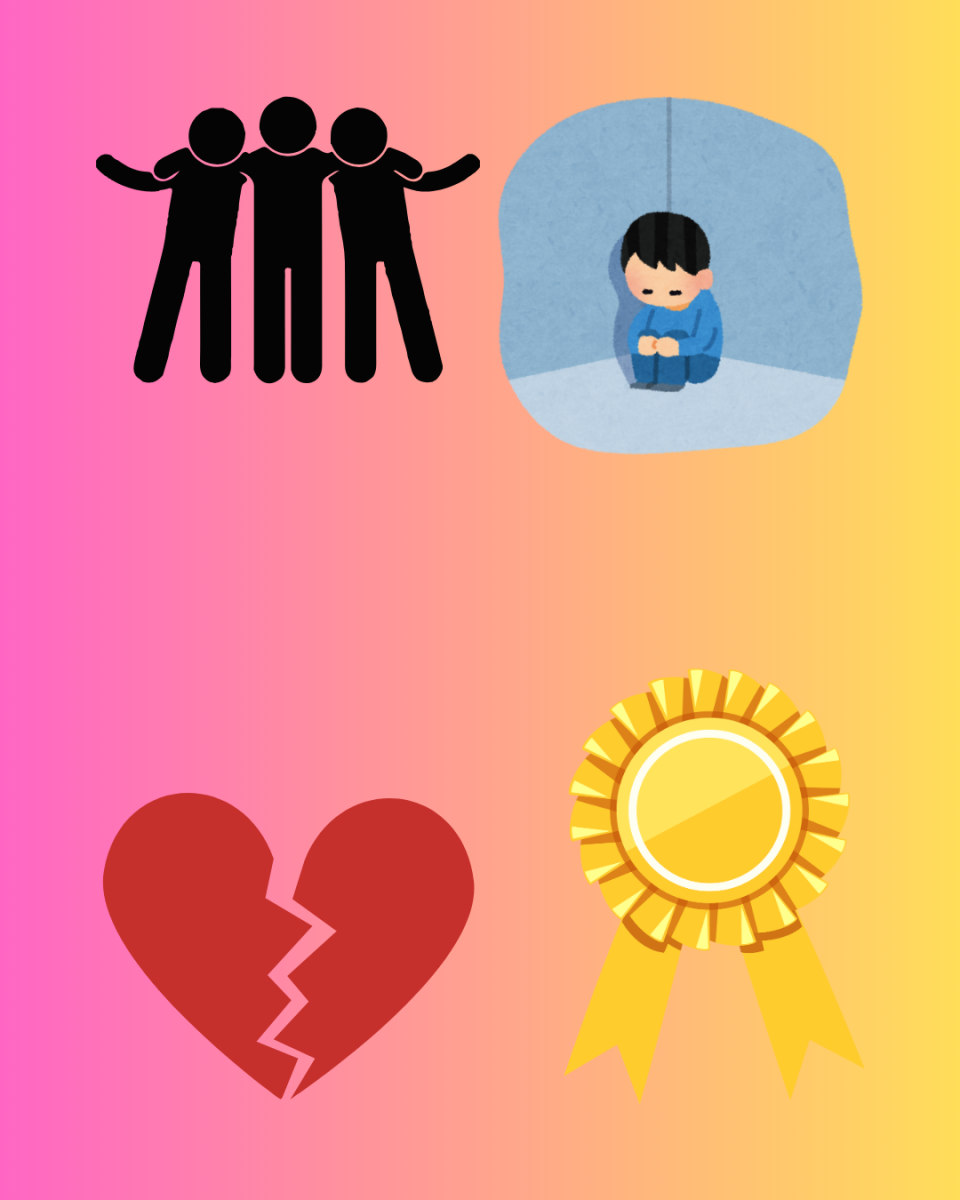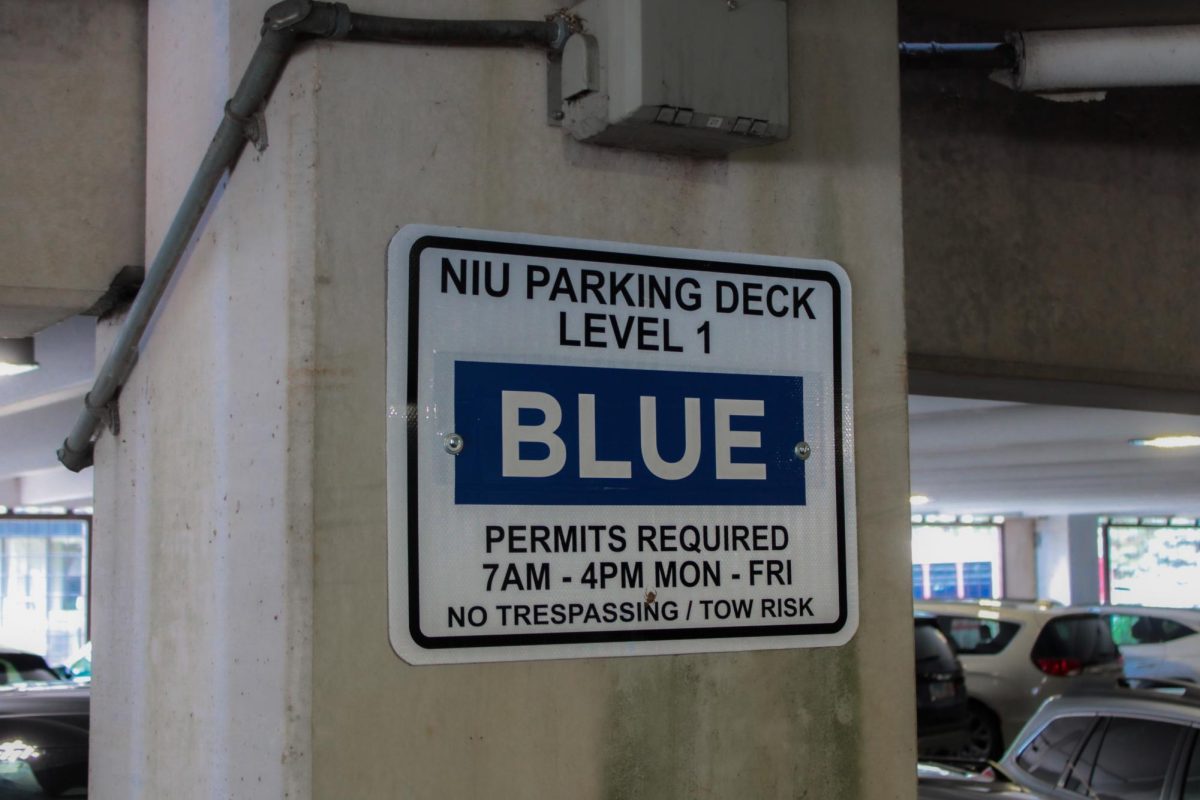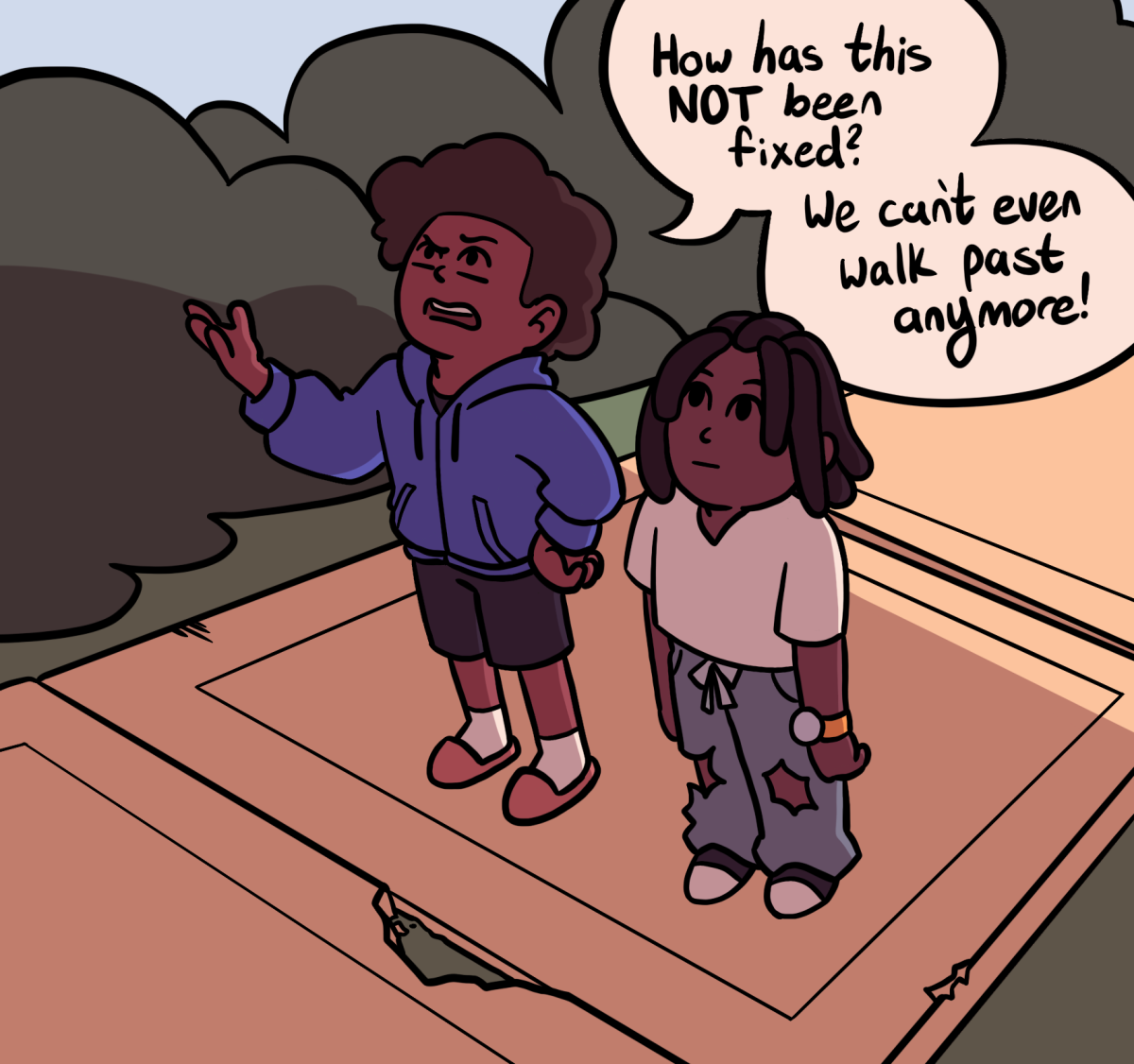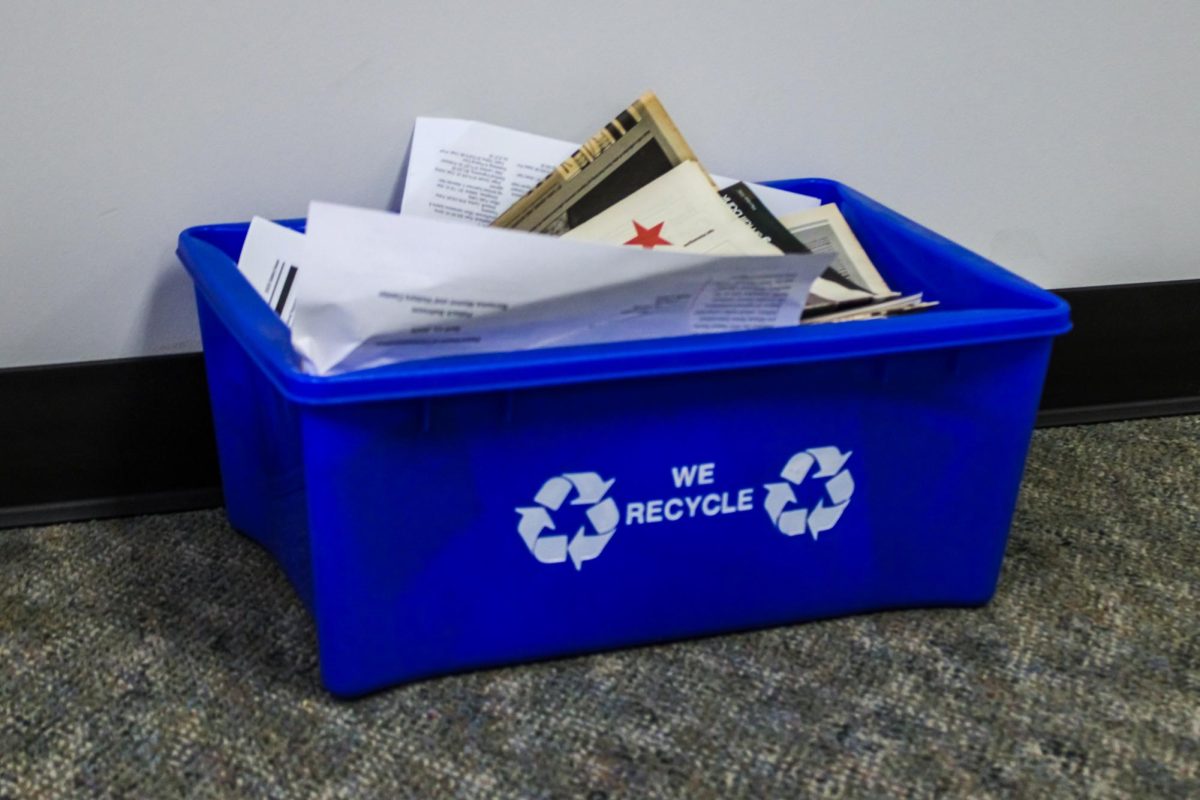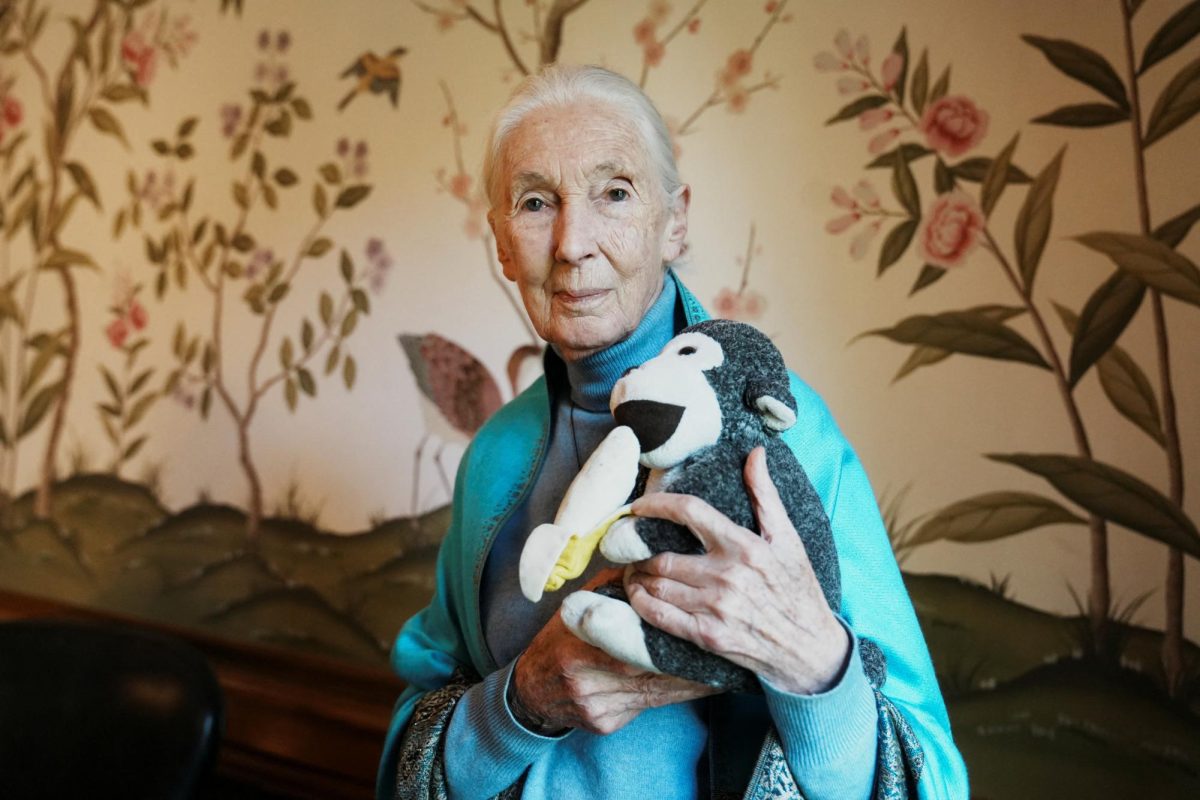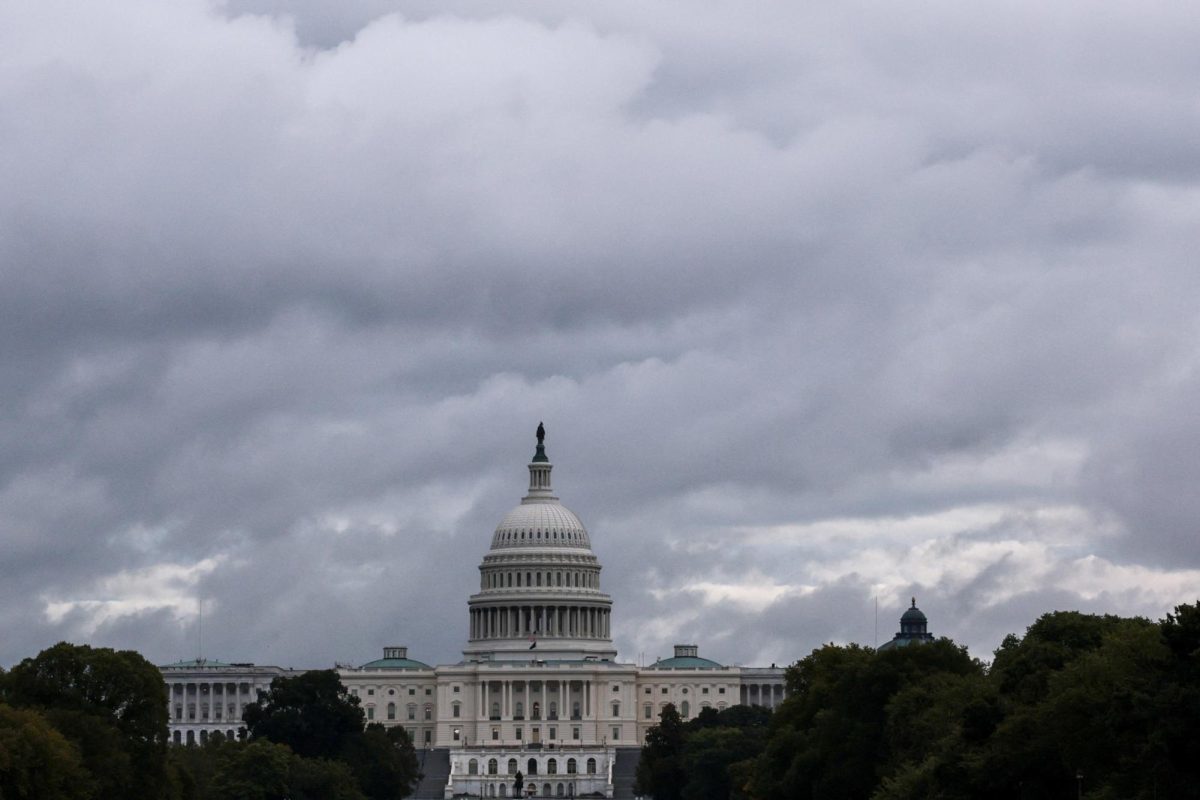Self-care may sound like a selfish concept, but it’s actually the complete opposite. Caring for yourself is caring for others.
The paradox is crystal clear when we reflect on the way of the world. When those around us are healthy, we are influenced. Consider the phrase “their laugh is contagious,” the same concept occurs on the other end — hurting yourself hurts others.
Untreated mental suffering can result in unemployment, disability, substance abuse, homelessness, suicide, incarceration and generally a poor quality of life, according to the National Alliance on Mental Illness.
It‘s not always obvious that we hurt others by neglecting ourselves, partially because it is not our intention. Hurting others is an unintended consequence of our self-abuse. For those with loved ones who struggle with mental illness, addiction and other difficulties, there is a clear and direct effect on their friends and family.
Sarah Moskal, interim associate director of student wellness at counseling and consultation services, explained the consequences of self-neglect in interpersonal relationships.
“If you’re not really taking care of yourself, then maybe you’re not able to show up for them to hang out and engage with them in a way that you really enjoy. You don’t have time to do that because you’re struggling in other areas,” Moskal said. “Or maybe since you’re not taking care of yourself, you’re not able to take care of those that you love. So it could definitely impact that relationship and connection.”
Suffering is complex, unavoidable and simply part of the human experience. To suffer does not mean to bring down those around us, but to experience ongoing pain. More importantly, the way we prioritize health and wellness as a means to cope with our suffering needs attention. Certain routes are undeniably more healthy in dealing with our suffering.
Prioritizing our physical and mental health, along with our spiritual well-being, encompasses how we can prevent unnecessary suffering. It’s simply heartbreaking we lose people to drug addiction, alcoholism, mental illness, school shootings, suicide, health conditions — the list goes on – especially because these deaths are preventable. The behaviors we practice impact our future, which interacts with the future of others.
If some of our suffering is unnecessary, why might it be so hard to prevent such situations? Moskal explained the realities of why some may not reach out for available resources.
“I would say one of the keys though, is that while these resources are here, it comes down to asking for help. And that is something that can be really, really hard, but the benefits of it outweigh it,” Moskal said.
Some have a larger self-care toolbox than others. Not everyone is privileged to have access to all the ways they can become healthier. Not everyone is promised mental or physical health treatment. Not everyone gets to leave a traumatic environment. Our toolboxes are not equal, and while this is a systemic issue, it is not a dead end for individual growth.
But self-care can begin in areas we have control over right now.
Regarding the topic of self-care, Grace Miccolis, a senior illustration major, believes simplicity can help.
“People think that they need, like, expensive products or to go out and do expensive things for it to really be self-care,” Miccolis said. “Living lavishly has become intertwined with, like, treating yourself and self care. But I don’t think it needs to be that rooted in capitalism.”
There are countless free services individuals can use to be healthier and receive help from the student wellness department, Counseling and mental health services, and other wellness information on NIU’s Be Well page.
“Starting with the individual, the individual has to engage in the act of self-care,” Moskal said. “So you can lead a horse to water, but you can’t force it to drink. We can have all these resources for you, but it has to come down to the student to want to either make that change and engage in them.”
We make choices every day that either hinder us or lift us. Making different choices begins with awareness of our behaviors. While the creation of habits is not an overnight task, we shouldn’t be scared of trying.
“When you feel good, you probably treat other people better, and have a more positive outlook on life and are able to be a more productive and kind person in society,” Miccolis said. “So even though people might see it as selfish when you need to take a break or take time for yourself, it’s actually in the long run, probably making you a better person to be around.”
Moskal delved into the essential ways we can take care of ourselves.
“We have four healthy habits that we identify, eating well, sleeping better, moving more and connecting with yourself and others,” Moskal said. “So I’d start there, asking yourself: ‘Have I been eating well or eating food that gives me the energy my body needs? Am I sleeping well? If not, what can I do to prioritize sleep or ask for help?’”
All we can do is try.
All our lives and pasts look different, but, considering we are on a college campus, we are in the bracket of luck and privilege that allows us to pursue an education, something we should never take for granted.
“It’s nice to have others take care of you but at the end of the day, I think that is the only person who can really know the best way to take care of you — is you,” Miccolis said.
There are resources at NIU designed to promote a healthier and kinder spirit in ourselves, which directly impacts our community. For a community to thrive, it needs healthy individuals. NIU offers Mindfulness and You, a weekly mindfulness session that helps students get in tune with their bodies and minds. The practice of mindfulness can help individuals with their overall mental health and coping with stress, according to the U.S. Department of Health and Human Services.
Loving and respecting yourself is loving and respecting others. Taking care of ourselves, adopting healthy habits and coping skills can prevent us from losing lives and can be avoided with better health and wellness. Untreated trauma and pain can devolve into severe self-neglect and have an impact on those around us and in our community.






